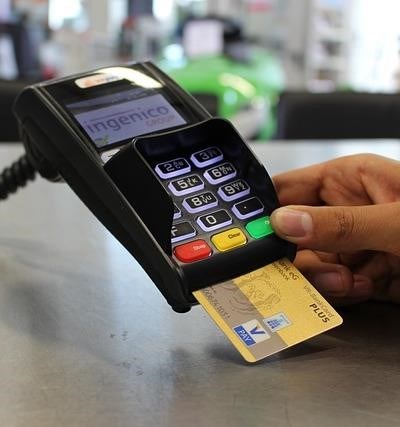I’ve always been drawn to the idea of sustainable shopping. My journey into ethical consumption led me, unexpectedly, to dumpster diving. It started small – rescuing perfectly good food nearing its «best by» date from supermarket bins. This quickly evolved into exploring larger dumpsters behind businesses. I found myself amidst a chaotic mix of discarded items: used goods, pre-owned items, even seemingly new products! This experience highlighted the sheer volume of waste our consumer society generates.
While finding amazing vintage finds and second-hand clothing was thrilling – scoring a near-mint condition record player once! – I also faced challenges. The secondhand market, while offering incredible bargain hunting opportunities, isn’t without its risks. The «buyer beware» principle is paramount. I learned this the hard way when a seemingly perfect coffee machine I salvaged turned out to be faulty. No warranty claims here, of course.
Dumpster diving brings you face-to-face with the environmental impact of our throwaway culture. It’s a stark reminder of the need for responsible purchasing. While rescuing items from landfills is a form of recycling and reusing, it’s crucial to remember that not everything is salvageable. I’ve had to carefully assess product authenticity to avoid counterfeit goods. My experience also highlighted the importance of waste management; simply taking something from a dumpster doesn’t solve the larger problem.
Online marketplaces offer a safer – although not always sustainable – alternative to dumpster diving. Sites selling used goods provide a degree of buyer protection and sometimes even warranties. However, navigating the ethical implications of online shopping for pre-owned items is still important. I often find myself considering the carbon footprint associated with shipping. Thrift stores represent a more local and often ethical approach to secondhand shopping.
My journey into dumpster diving, while initially driven by bargain hunting, transformed into a deeper understanding of consumer rights, ethical consumption, and sustainable shopping. It’s a messy, sometimes frustrating, but ultimately rewarding process that underscores our collective responsibility to minimize waste and embrace repairing and reusing. The secondhand market, in all its forms, holds immense potential for a more sustainable future, but it requires mindful and responsible participation from all of us.

